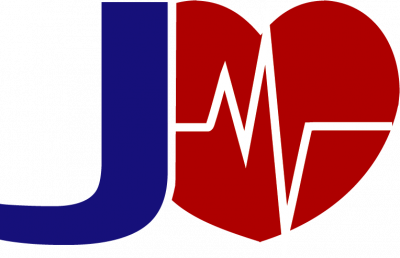lung cancer
Last updated: 6 Aug 2024 | 4223 Views |


![]()
lung cancer
Lung cancer is the most common cancer in men and women. More than 90% of lung cancers occur in the large bronchi, small bronchi, and alveoli and fall into two categories: non-small cell and small-cell grades I, II, III, or IV
cause
From smoking or cigars mainly others, such as exposure to asbestos radon, radiation, in the area of smokers
symptom
No symptoms until Other cancers will develop, such as having a long cough. Cough with blood in sputum, shortness of breath, wheezing, frequent lung infections, swollen face, swollen neck veins, pain in shoulders, arms, hands. Pancoast tumor may be found from time to time.
diagnosis
Early detection is less likely. Because the patient has no symptoms until cancer cells develop. The exact diagnosis is to take a sample of lung fluid or some lung tissue for testing.
treatment
after successful diagnosis It is important to assess the spread. If cancer cells have not spread, it can be cured. for lung cancer non-small-cell Abdominal and thoracic CT It helps to find the spread of cancer cells to the lymph nodes or liver. PET pulmonary function tests are performed before surgery. The surgery is done while the location of the cancer is known and it is a treatment that can cure it. If the cancer cells are severe Radiation or chemotherapy may be used to treat it. For small-cell CT, abdominal and lung, head, PET screening, lung sample collection. Surgery cannot be cured. Therefore, chemotherapy or radiation is a good solution.
All treatments have complications, including pain, shortness of breath, tiredness, rapid breathing, which can lead to bruising or bleeding. nausea and vomiting Hair loss from chemo
what to do
![]() The effects of smoking and lung cancer should be understood.
The effects of smoking and lung cancer should be understood.
![]() You should consult your oncologist for treatment.
You should consult your oncologist for treatment.
![]() should understand the importance of nutrition before treatment Eat wholesome foods, including fruits and vegetables.
should understand the importance of nutrition before treatment Eat wholesome foods, including fruits and vegetables.
don't do
![]() no smoking
no smoking![]() Don't be afraid to ask your doctor for their opinions and complications after treatment.
Don't be afraid to ask your doctor for their opinions and complications after treatment.

Related content
Hodgkin
20 Nov 2021
Kidney Cancer
3 Mar 2021
Kaposi’s Sarcoma
18 Aug 2022
Endometrial Cancer
24 Apr 2023











